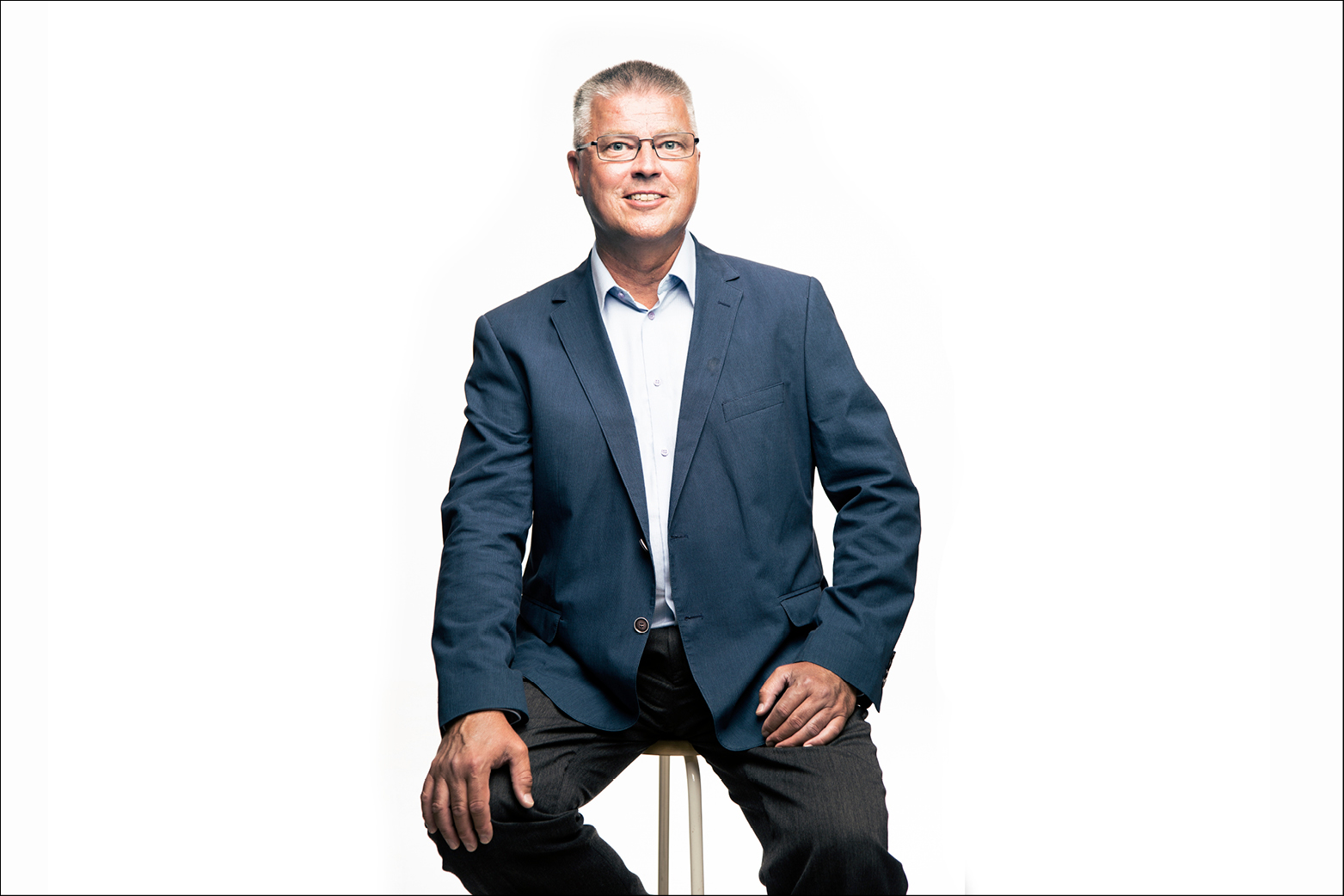
Esimiestaidot puntariin
Työyhteisön avainhenkilö on kannustava ja motivoiva esimies, johon alainen voi luottaa. Esimiestason valmentaminen on yksi tärkeimmistä keinoista parantaa sekä työhyvinvointia että tuloksia.
Käytämme evästeitä tarjotaksemme paremman käyttökokemuksen ja henkilökohtaista palvelua. Suostumalla evästeiden käyttöön voimme kehittää entistä parempaa palvelua ja tarjota sinulle kiinnostavaa sisältöä. Sinulla on hallinta evästeasetuksistasi, ja voit muuttaa niitä milloin tahansa. Lue lisää evästeistämme.

Shared workplaces are becoming the norm in working life today – in addition to industry, they are common in office work and retail, for example. Having several employers under the same roof creates new cooperation, but also new kinds of challenges. One of the challenges is occupational safety. But it is not just a challenge – it is also an opportunity to do things better than before. When everyone at a shared workplace brings their own expertise, experience and commitment, the workplace becomes much more than the sum of its parts.
At its best, a shared workplace serves as an example of creating safety through collaboration, open communication and trust.
Who is responsible for induction training? Who gives instructions? Who should be contacted if something happens? It doesn’t matter which company’s employee suffers an accident. It’s important to ensure the safety of all employees so that no accidents occur. At its best, a shared workplace serves as an example of creating safety through collaboration, open communication and trust. Clear rules, induction training, risk observation and a low threshold for addressing risks are ways to show that everyone’s safety is important. This creates a culture of caring. It shows that every employee is valuable, regardless of who pays their wages.
Companies that take the safety of a shared workplace seriously also attract experts who want to do their work right and safely.
There are several companies, construction sites and organisations that have managed to make safety a truly common concern. This shows that the right kind of safety culture yields results: fewer accidents, more trust, a better team spirit and stronger work motivation. While the Occupational Safety and Health Act sets out the minimum standards, occupational safety is primarily a matter of reputation, morality and competitiveness. Companies that take the safety of a shared workplace seriously also attract experts who want to do their work right and safely.
A shared workplace requires shared responsibility – but it also enables shared success. Let’s succeed together with the help of the examples presented in this issue of Telma!

Työyhteisön avainhenkilö on kannustava ja motivoiva esimies, johon alainen voi luottaa. Esimiestason valmentaminen on yksi tärkeimmistä keinoista parantaa sekä työhyvinvointia että tuloksia.

Ihmisten suhde työhön ja työelämän arvot Suomessa ovat hurjassa muutoksessa. Vai ovatko sittenkään?
Työpaikoilla pitää puuttua päihdeongelmiin heti ja hyssyttelemättä. Jo päihdeongelman ottaminen puheeksi – painostamatta – voi herätellä ongelmaisen muutoksen alkuun. Kanta on miehen, joka on tehnyt mutkaisen matkan alkoholistista muiden päihteisiin takertuneiden vertaisohjaajaksi.
Portugalin talouspolitiikassa kuljetaan kriisistä kriisiin, mutta ilmapiiri on maassa silti positiivinen. Kulutus on alkanut kasvaa, ja työelämää kehitetään.

